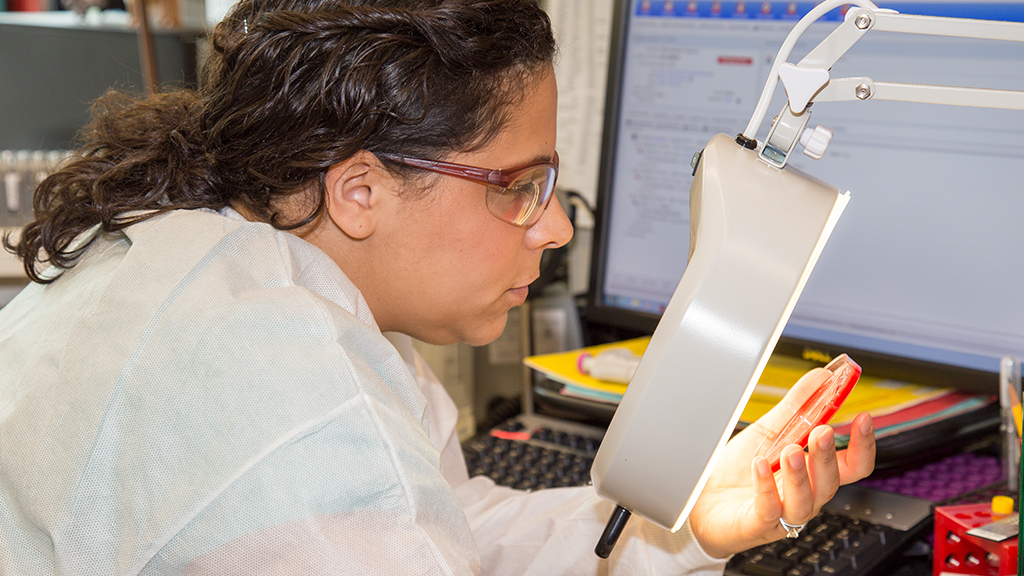Ensuring the health of your pets helps them thrive. Animal diagnostic labs specialize in pet health testing for pets such as cats and dogs.
In this guide, we’ll examine how veterinary labs work, what tests they offer, and why these labs are invaluable for your pets’ health.
Understanding the Role of Veterinary Testing Centers
Diagnostic services for pets offer testing for medical concerns in household pets. Veterinary clinics use their findings to deliver personalized care for pets.

Their operations usually starts with:
- Obtaining biological samples: Blood, urine, feces, or tissue samples are retrieved during vet visits.
- Laboratory analysis: Skilled technicians analyze the samples.
- Understanding the data: The lab provides detailed reports to the veterinarian for custom care strategies.
Common Veterinary Tests for Pets
Animal health testing facilities run multiple health assessments to monitor their well-being. Important assessments include:
- Complete blood counts (CBC): Check for chronic conditions.
- Kidney function tests: Assess kidney function.
- Intestinal health tests: Ensure proper digestion.
- Dermatological evaluations: Pinpoint allergic reactions.
- Radiographic tests: Examine internal organs.
The Benefits of Veterinary Diagnostics
Frequent lab testing plays a key role in improving quality of life. Timely diagnosis gives your pet the best chance at recovery.

The top benefits include:
- Improved health outcomes: Customized solutions for your pet’s needs.
- Knowing your pet is cared for: Track their wellness.
- Cost savings over time: Catch issues before they become critical.
laboratório clínico veterinário
genoma laboratório veterinário
Why Veterinary Testing is Essential for Cats and Dogs
Incorporating lab testing for your pets is one of the best ways. Animal diagnostic centers work as an extension of your vet’s expertise to ensure optimal health.
Make lab testing part of your pet’s health plan to keep them happy and thriving!